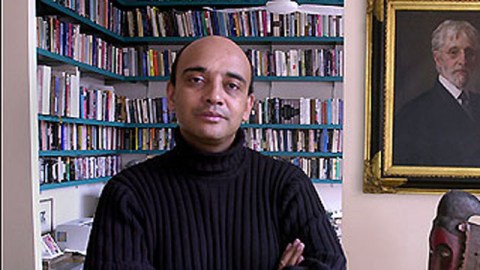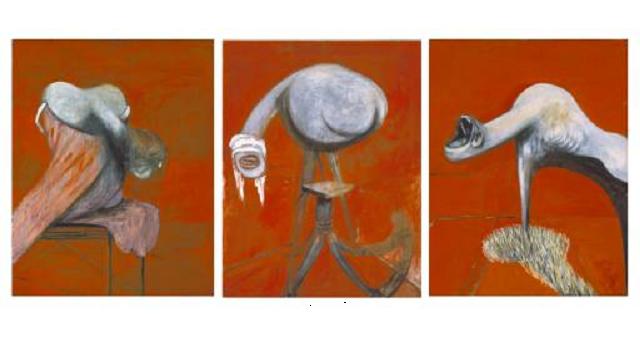Kwame Anthony Appiah on the Power of Honor

“The main way in which honor matters for what I’m calling ‘moral revolution,’ which are big changes in moral life over a relatively short period, is by mobilizing people through a concern for how they look, how they appear, whether they’re living up to some standard,” says Princeton philosopher Kwame Anthony Appiah. His new book “The Honor Code” chronicles how the concept of honor has been crucial in the fight against immoral practices like dueling, foot-binding, and slavery.
In his Big Think interview, Appiah also explains how we can leverage honor to put an end to current immoral practices, even in countries that have vastly different honor codes than our own. Honor killing in the Middle East is one such practice he discusses at length. People must be convinced not to renounce honor altogether but to see that there is no honor in killing a helpless, unarmed woman. Their honor code must not be abandoned but revised. This revolution could possibly be lead by one charismatic individual, but Appiah says it will most likely be sparked by a small group and will take place over the course of a generation. “As more and more people come to identify this activity not with honor, but dishonor, as in China with foot binding, there’ll be a moment, a kind of tipping point when it goes from being something you do in order to defend your honor to something which, if you do it, brings you shame.”
There are pressing moral issues to tackle here in our own country as well, Appiah says, including America’s prison system, which has become “quite appalling.” Despite having just 4% of the world’s population, we have a quarter of the world’s incarcerated people. And it’s not just the numbers; for an advanced society, the conditions in prisons are terrible. Going into an American prison increases your chance of getting HIV/AIDS, of getting tuberculosis, and of being raped—whether you are a man or woman—by either the prison staff or by other prisoners. And this fact is appalling, says Appiah. “You are not sentenced to AIDS, you are not sentenced to rape; you are sentenced to incarceration. And no decent person can defend what’s going on.”
Appiah also recounts his experience of growing up gay in a Ghana and of learning to reconcile his many identities—Ghanaian, gay, and Christian. “Reconciling different dimensions of identity is actually something that people are quite good at,” Appiah says. “It’s usually other people that make it difficult for you.” And this must also be addressed by appealing to people’s sense of honor. Luckily, in many parts of the world, this moral revolution is already under way. In the West, homophobia is not just seen as immoral but also as dishonorable. “It’s not just that it’s wrong to be homophobic; it’s not cool…it’s tacky,” says Appiah. And this is the clearest sign that change is truly afoot.





